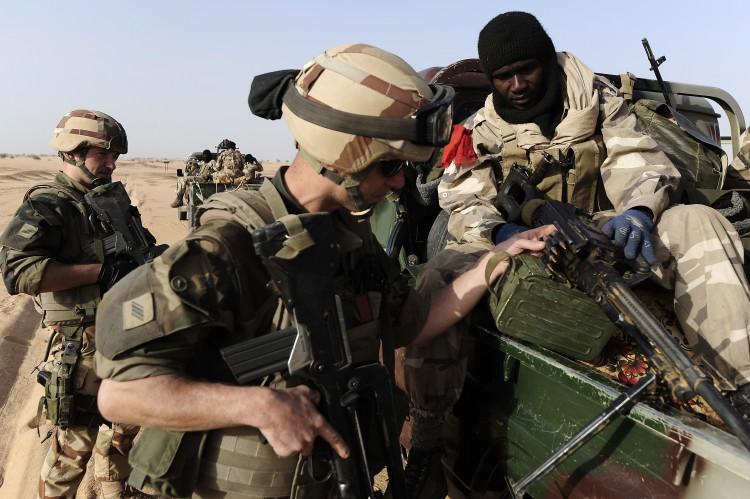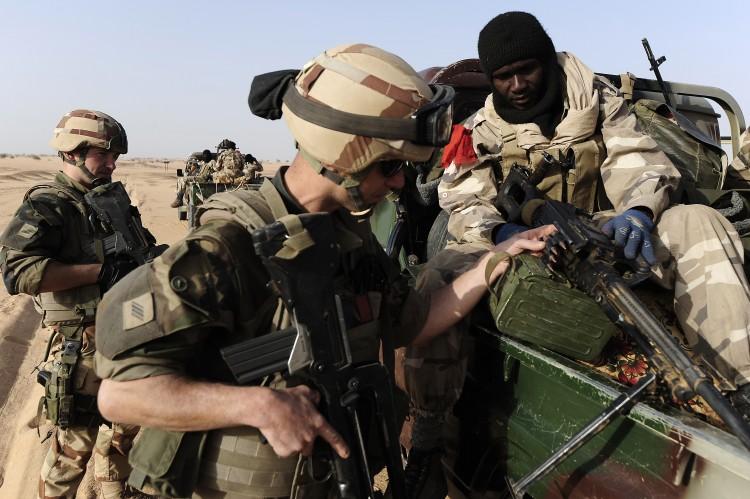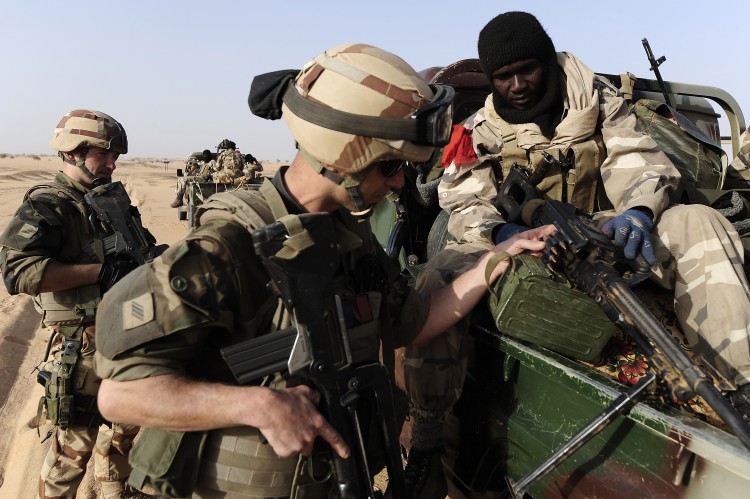As the head of the European Union training mission to Mali (EUTM) calls for better equipment for the Malian army, human rights groups highlight the abuses continually perpetrated by the Malian army.
The EUTM launched this week, with European and American support by Text-Enhance“ href=”http://cmset.epochtimes.com/view.php?id=113725#">following the French-led military intervention that began Jan. 11 to take back Mali’s north from Islamist rebels. General Francois Lecointre, EUTM head, said the Malian army is “very impoverished,” according to Reuters, and that better equipment is as important as training.
In an interview with The Epoch Times last month, anthropologist and political commentator Codrin Stefan Arsene said that sufficient support for the army costs more than anyone will be willing to by Text-Enhance“ href=”http://cmset.epochtimes.com/view.php?id=113725#">invest in Mali.
“We all want peace and stability for the people of Mali,” Arsene said. “Unfortunately, nobody is ever going to pick up the tab to make it happen.”
The EU has dedicated 12.3 million euro (US$16.4 million) toward the effort, as well as a training force of 500.
A Human Rights Watch (HRW) report released Thursday called on Mali’s international partners to “ bolster accountability efforts and civilian protection in the north to help prevent further abuses.”
Witness reports to HRW indicate that government soldiers have tortured at least two men, summarily executed 15, and forcibly disappeared 11 others this year.
Amnesty International (AI) conducted a 10-day investigation, publishing the cumulative report on Feb. 1. It urged the French government to investigate an incident on Jan. 11, the day on which French forces joined the Malian army; at least five civilians were killed when a home and mosque were hit in an unannounced air strike in Konna.
AI also heard accounts of many forced disappearances, summary executions, and the ill treatment of prisoners.
Among the prisoners was a 16-year-old boy who told AI, “I was looking for by Text-Enhance“ href=”http://cmset.epochtimes.com/view.php?id=113725#">a job and I was hired by the Islamists. I was cooking for them. I was arrested by a civilian riding a bike in Douentza. He took me to the military because the way I was dressed was suspicious. They accused me of having gone to the ‘jihadists’ and at the time of my interrogation, I was slapped in the face. I spent a day with the soldiers and have been here at the gendarmerie for six days.”
Islamists have also perpetrated numerous human rights abuses, which motivated the international intervention in Mali. Amnesty urges allies and the Malian government to insure the Malian army upholds human rights as it is given more power and training.
Amnesty also calls on the United Nations to deploy human rights observers in Mali.
Malian scholar Mohomodou Houssouba said in an earlier interview, “In the long run, many also hope that proper training and a reunited fighting force will be the only way out. Here the contribution of European and American forces can be decisive.”
With reporting by Kremena Krumova







